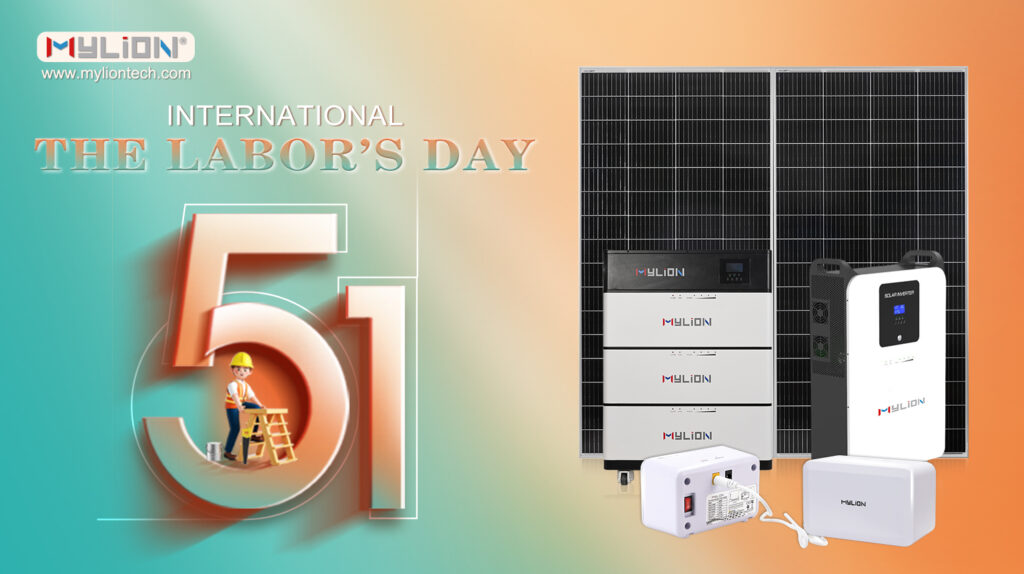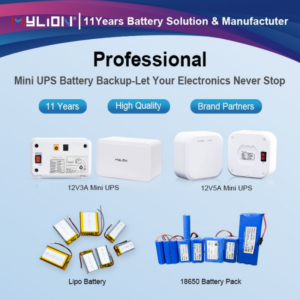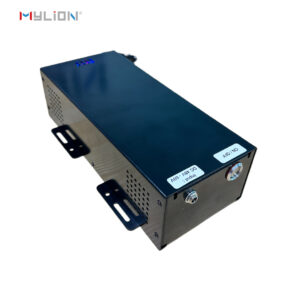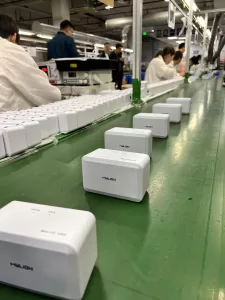A Guide To Buy the Best Inverter Battery for Home
Are you looking to purchase an inverter for the home? If yes, you must consider certain aspects before purchasing one since each family has its particular power requirement, so you should select the correct inverter battery.
The battery is the heart of any backup power source. Based on the use and performance, as well as maintenance and maintenance, the Inverter’s storm could have to be replaced two times or more during its life. The battery gets older or is damaged due to temperature, recurring charges, and drains.
However, following a few simple maintenance guidelines and techniques can extend the battery’s lifespan. It is recommended to buy the Inverter from a trusted and reputable manufacturer.

What Is an Inverter Battery?
The battery is a crucial component in the workings of the Inverter. The Inverter converts grid-supplied power into direct current. The battery stores that direct energy. If there’s a power failure, an inverter converts the battery’s electricity into the alternating current needed to power every home appliance.
Difference Between UPS and an Inverter
1. Use Case and Backup Time
If you do not experience frequent power outages, using a UPS to safeguard your computer from serious hardware malfunction is possible. The switchover to UPS is nearly instantaneous and doesn’t result in your laptop shutting down. UPS typically offers backup for about 30 minutes.
The UPS changes from the main supply to batteries immediately, while the Inverter is slower. In the case of PCs, the Inverter’s switch duration is more significant than what it can handle and will typically restart due to an outage in power. As a result, UPSs are preferred by PCs, and inverters are ideal for residential use since the lightbulbs do not have to worry about switching times.
2. Maintenance & Lifespan
UPS requires no maintenance. Inverters require additional wiring and need to be filled with distillate water regularly. However, I’ve observed that specific advanced versions of inverters have freed consumers of the requirement to store distillation water.
The downside for UPS lies in that the battery is constantly charged and discharged even when there isn’t an interruption. Ultimately, the battery is degraded four times faster than the inverter battery.
3. Price
UPS is cheaper than inverters. There is a variety of UPS as well as inverters that are available at competitive prices.
When buying them, consider the backup Time and capacity, charging times power, the need for energy as well as charging (amount of charge for the fully charged cell) and warranties.
Assessing your requirements and needs and then choosing the specifications for your Inverter
Are you searching for an inverter battery? If yes, you’ll have to figure out the appropriate size of inverter battery to meet your requirements. This is a difficult task because there are a lot of things to take into consideration. However, with experience and a detailed plan, you can locate the ideal Inverter Battery for your home or office.
First, you must determine your power needs. This will provide an excellent starting point in selecting the best Inverter size. To resolve this, you’ll need to take the wattage from each device you want to operate simultaneously. Remember that some motors, for instance, require additional watts to start up.
When you’ve figured out the power requirements, you can explore different inverter battery sizes. Selecting an inverter battery more extensive than the requirements is a good idea. This gives you growth room and ensures you can power your devices.
When selecting an inverter, it’s essential to consider the type of waveform you require. Sine wave inverters are the most well-known and are utilized for all gadgets. However, if you’re operating sensitive electronics, you might need a square wave or the stepped sine wave inverter.
When you’re trying to choose the ideal inverter battery to use for your home, there are some aspects you must be aware of. These are the most crucial ones:
1. Capacity
Inverter batteries’ capacity is usually expressed by Ah (ampere-hours). The greater your Ah is, the more the battery’s lifespan. If you own a lot of electrical appliances, you must operate during a power loss; then, you’ll require batteries with greater capacity.
2. Type
There are two primary kinds of inverter batteries: lithium-ion and lead-acid. The lead-acid type is the more popular kind and is usually less expensive. They are heavy and need more frequent maintenance. Lithium-ion batteries cost more but are lighter and require less maintenance.
3. Charge/Discharge Cycles
The amount of charge/discharge cycles an inverter battery goes through during its lifespan is a crucial factor to consider when selecting an inverter’s battery. A battery that has a higher quantity of charges will have a longer life.
4. Warranty
When buying an inverter battery, it is essential to verify the warranty. Some companies offer an extended warranty over other brands. This is typically an indicator of the high quality and reliability of the item.
5. Price
In most cases, you’ll discover that a battery that can recharge is more costly than the disposable version. In the future, you’ll save money since you won’t have to continue purchasing new batteries. It is essential to strike the right balance between quality and price.
6. Recharge Time
Sure, batteries require more Time in recharge time than the others. If you plan to use the battery often, select one with a shorter recharge duration so that you can use it more frequently.
7. Maintenance
They require frequent maintenance to ensure that they function correctly. Choose one that is simple to maintain so that you do not need to put in lots of energy and Time to keep it operating.

Wrapping It Up
The type of output you get depends upon the inverter battery you are using, and therefore picking the correct inverter battery is essential. Many kinds of inverter batteries are available on the market, and deciding on the best one for your particular Inverter might be a challenge.
Take into consideration your energy requirements as well as your budget. Schneider provides one of the longest-lasting inverter batteries. Schneider inverter batteries are ideal for dealing with power interruptions that can be prolonged and frequently occur.
During prolonged power outages and extended power outages, the MYLION inverter battery can be the perfect solution for powering electrical appliances and other household appliances. These batteries are constructed to last and are backed by an extended guarantee period, high life cycles, and a high capacity for load. Go to MYLION‘s website to learn more. MY LION website to remember more about our wide assortment of inverter batteries.






